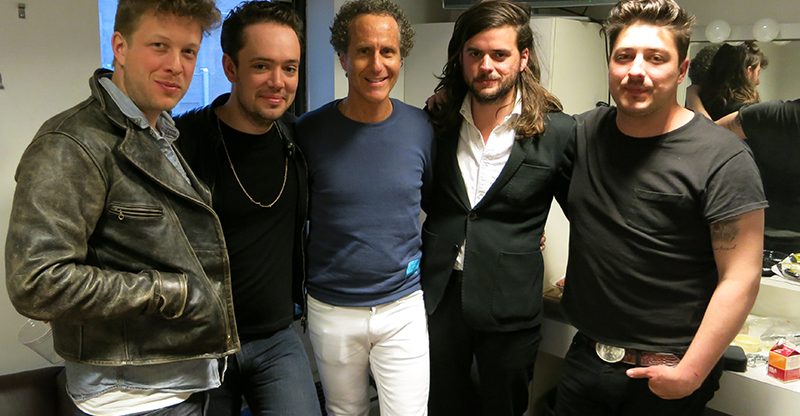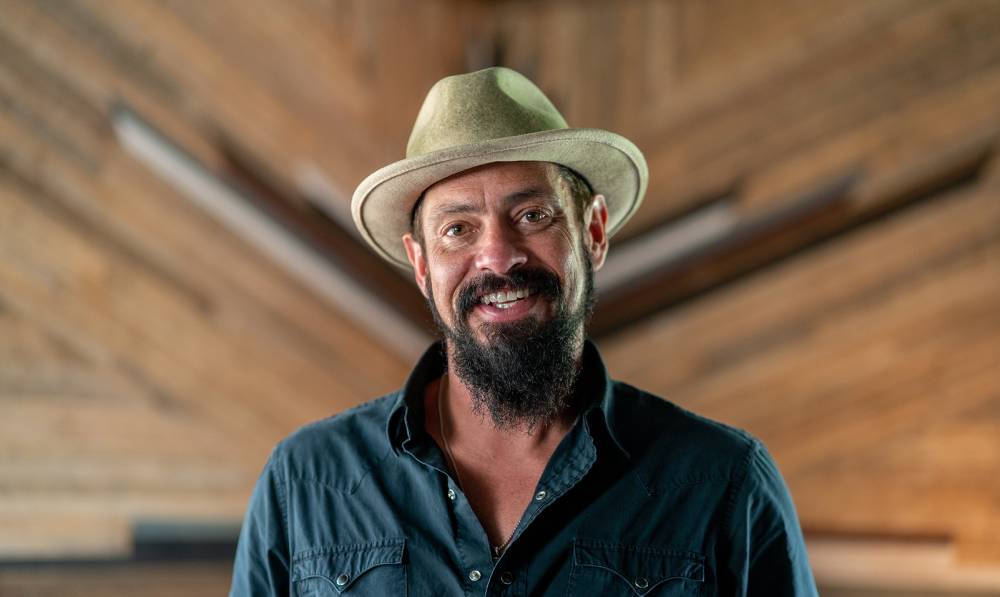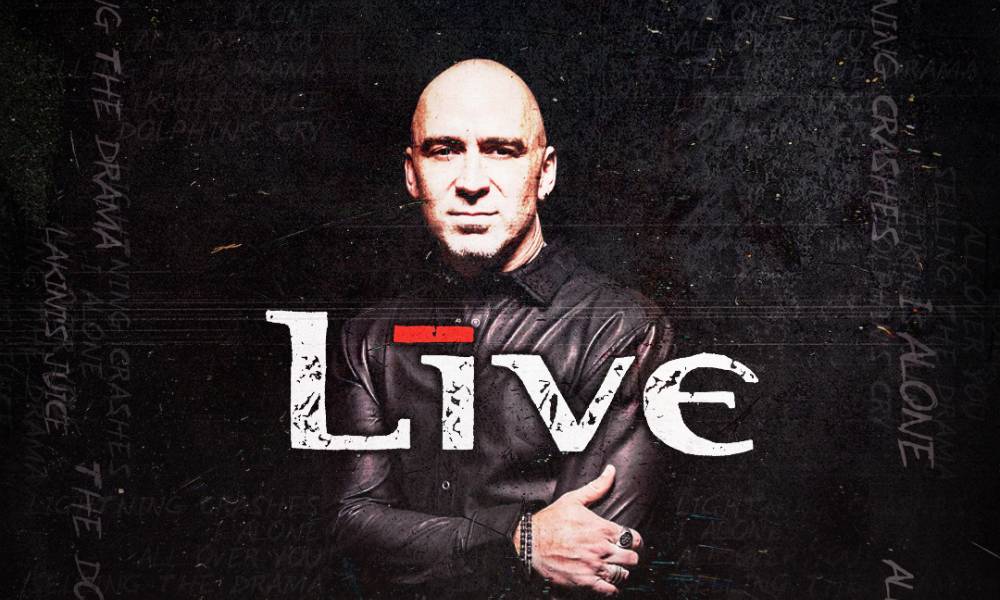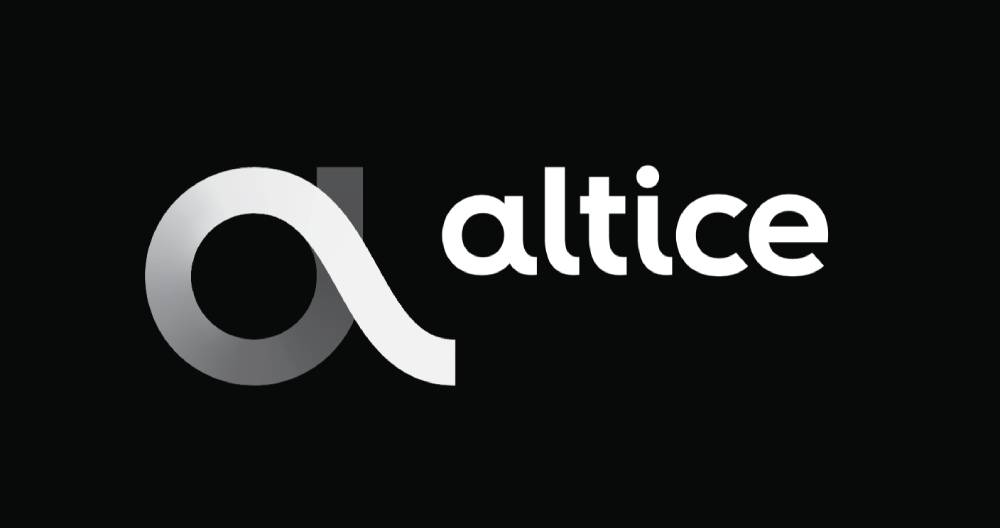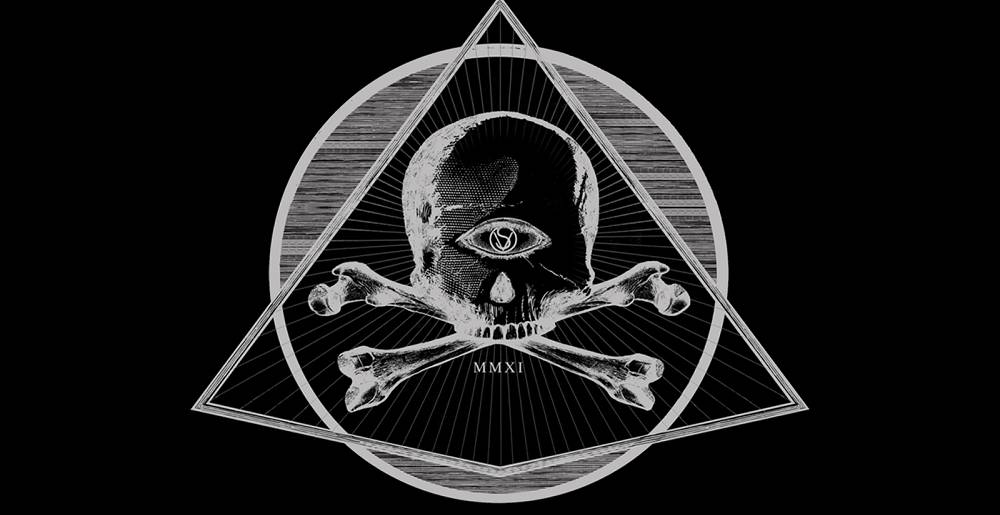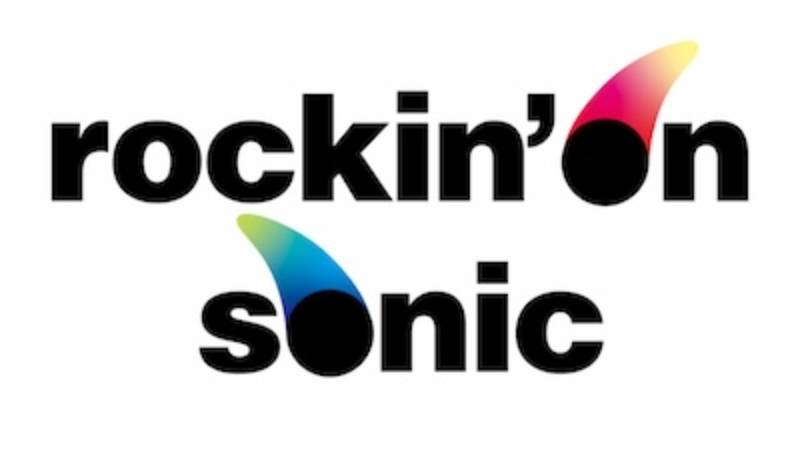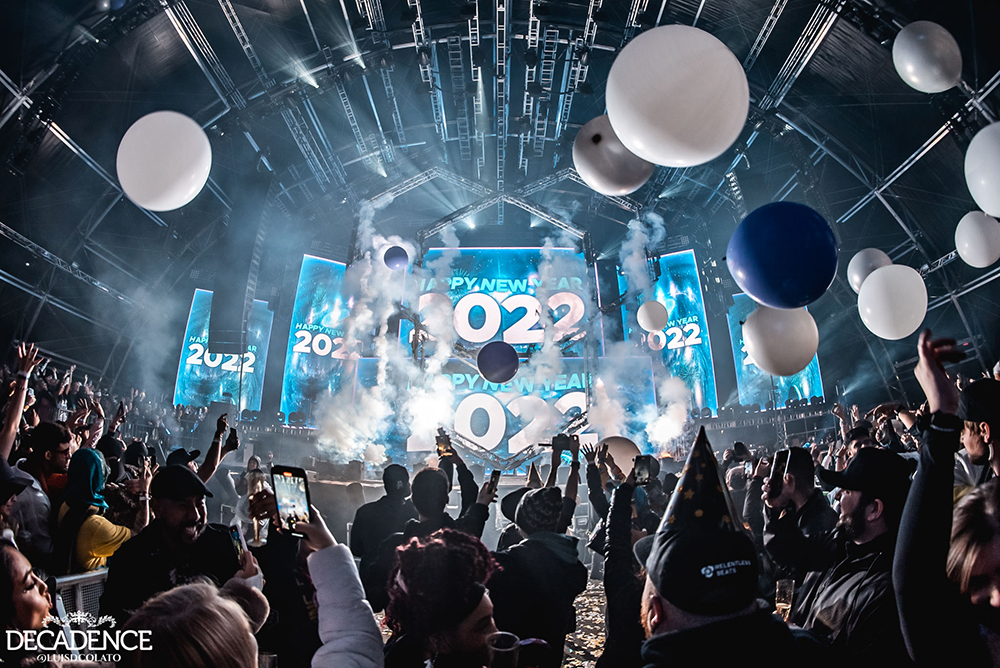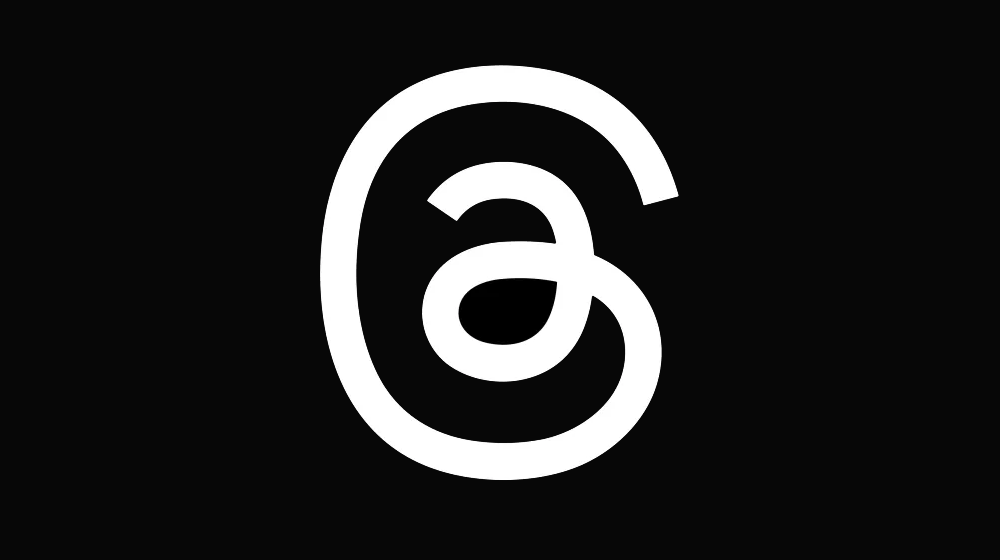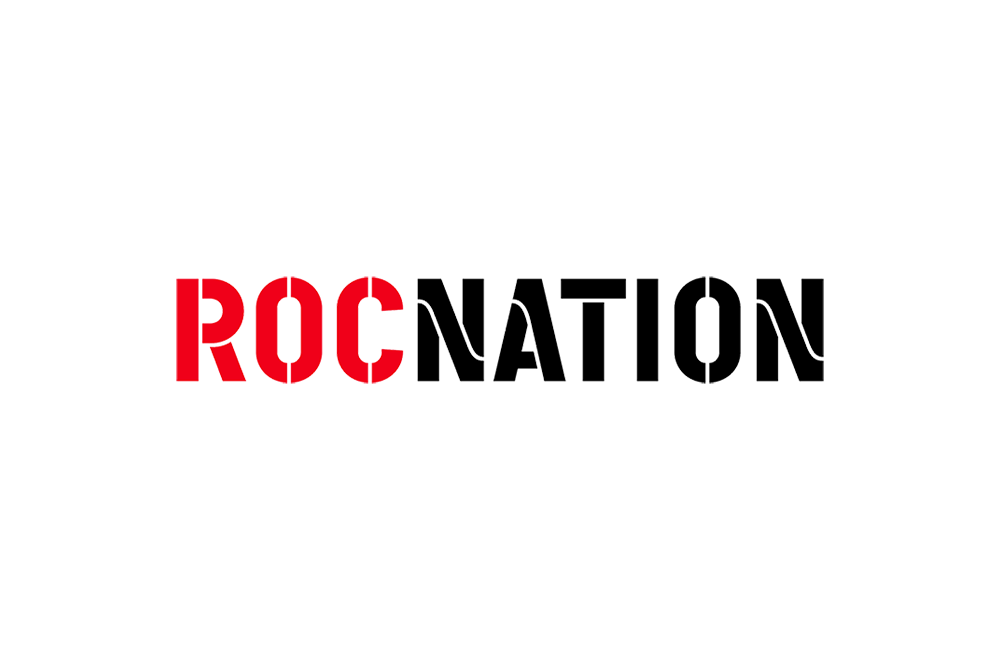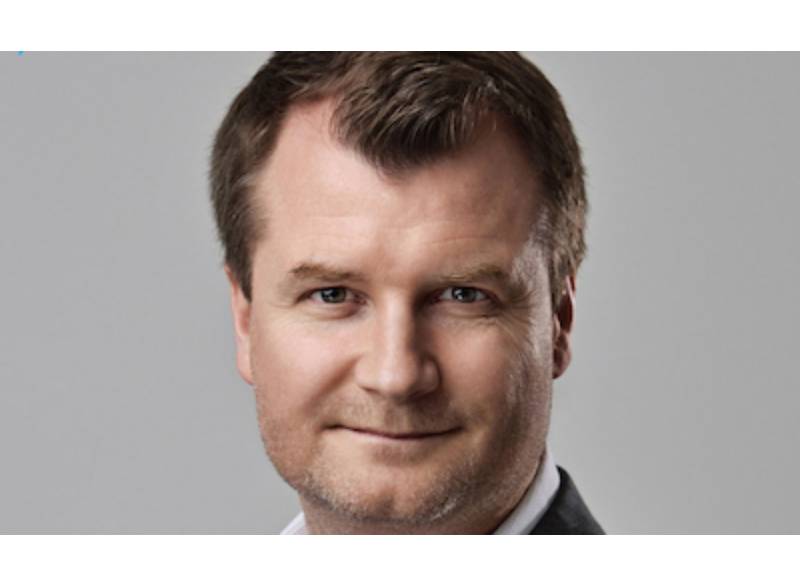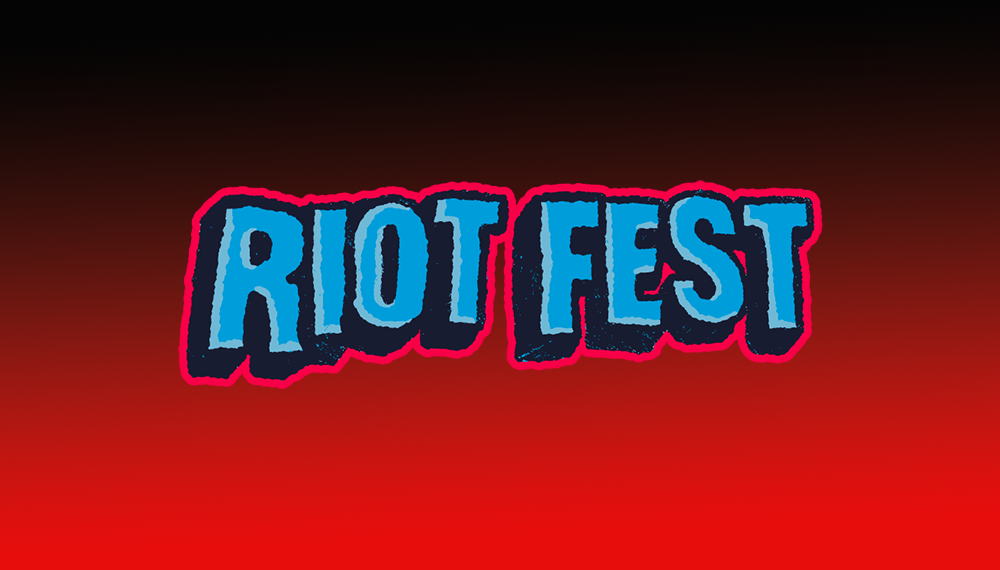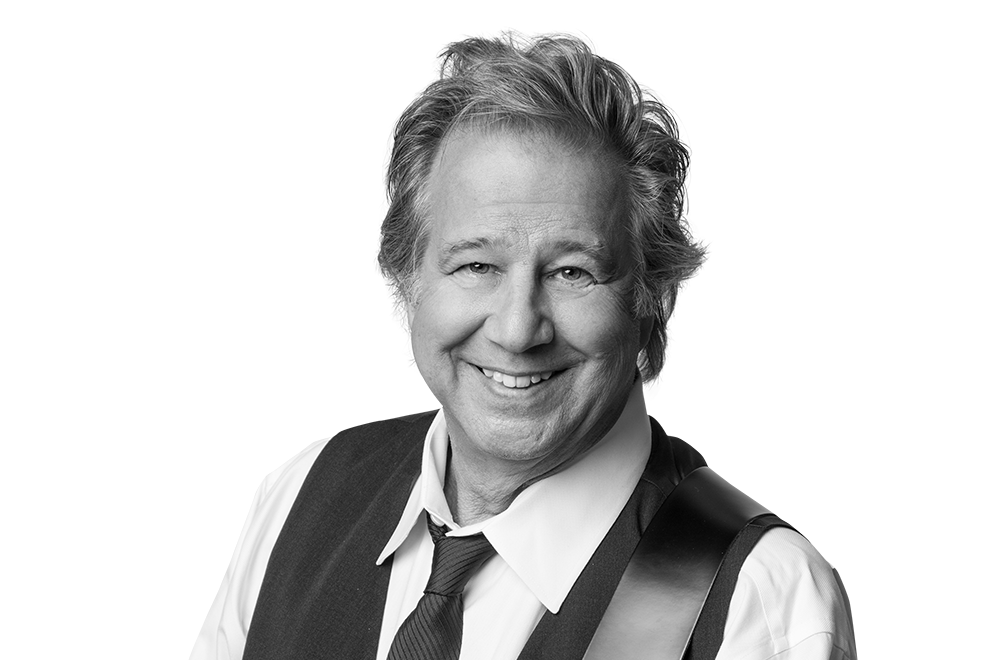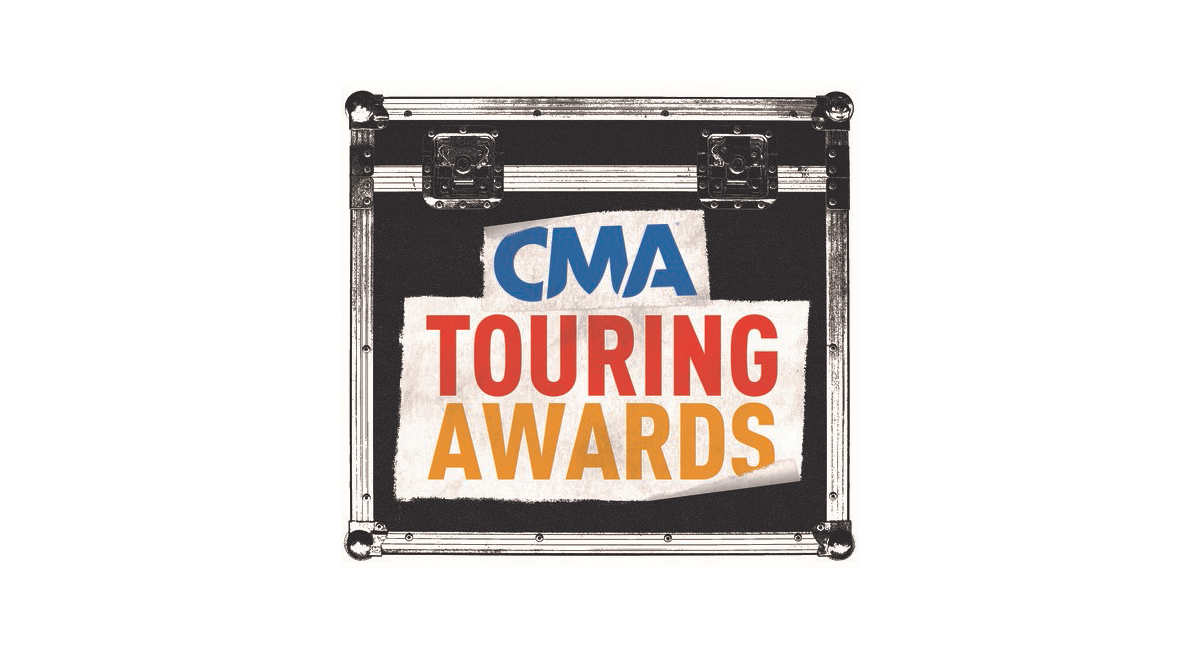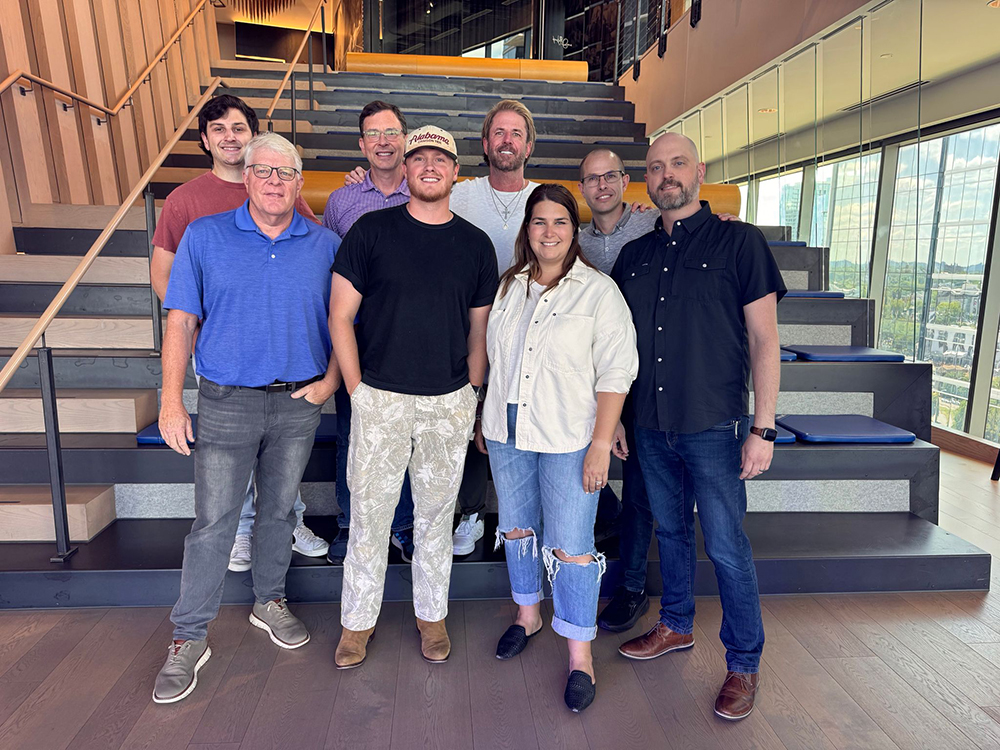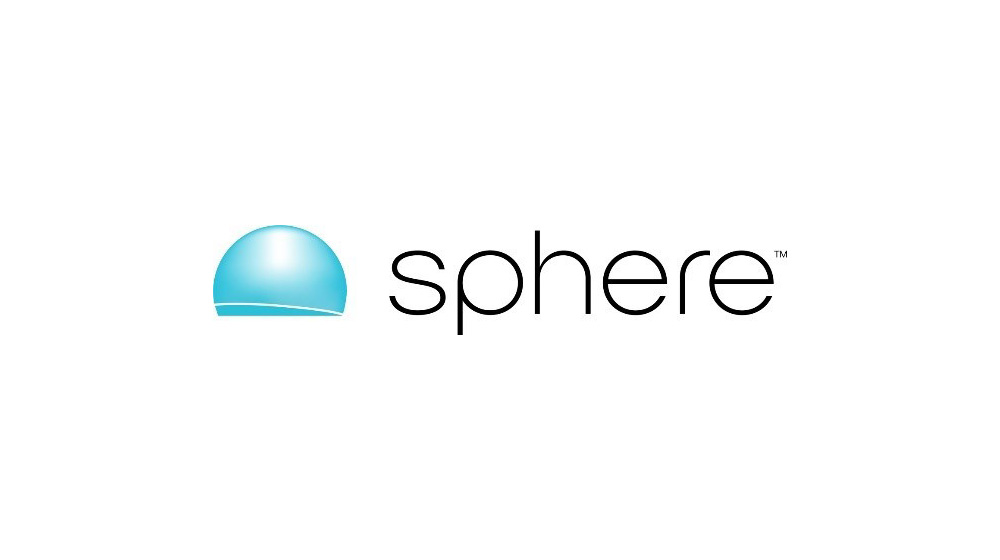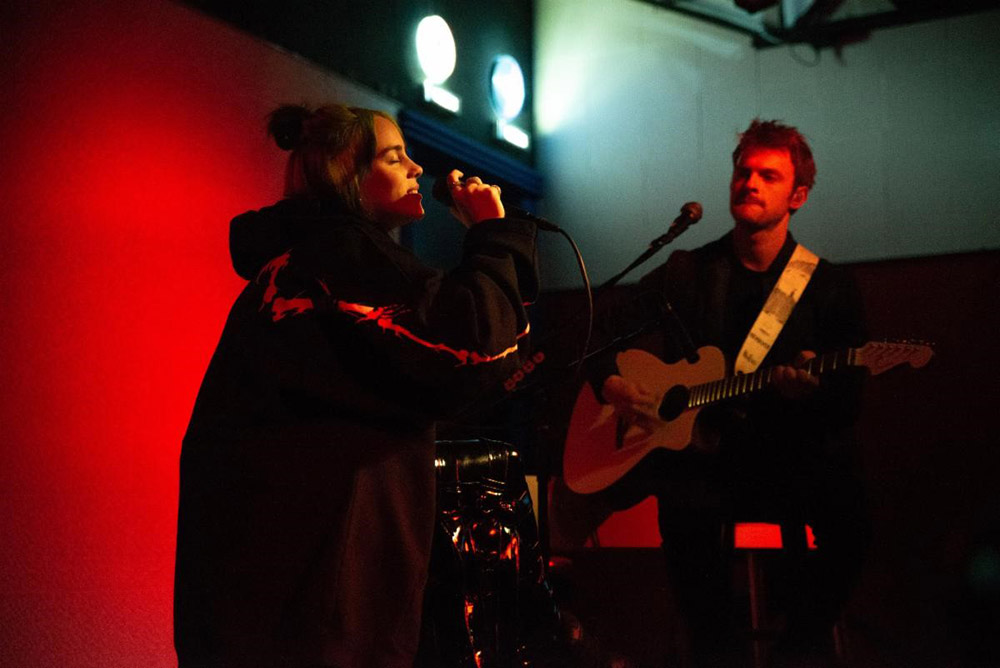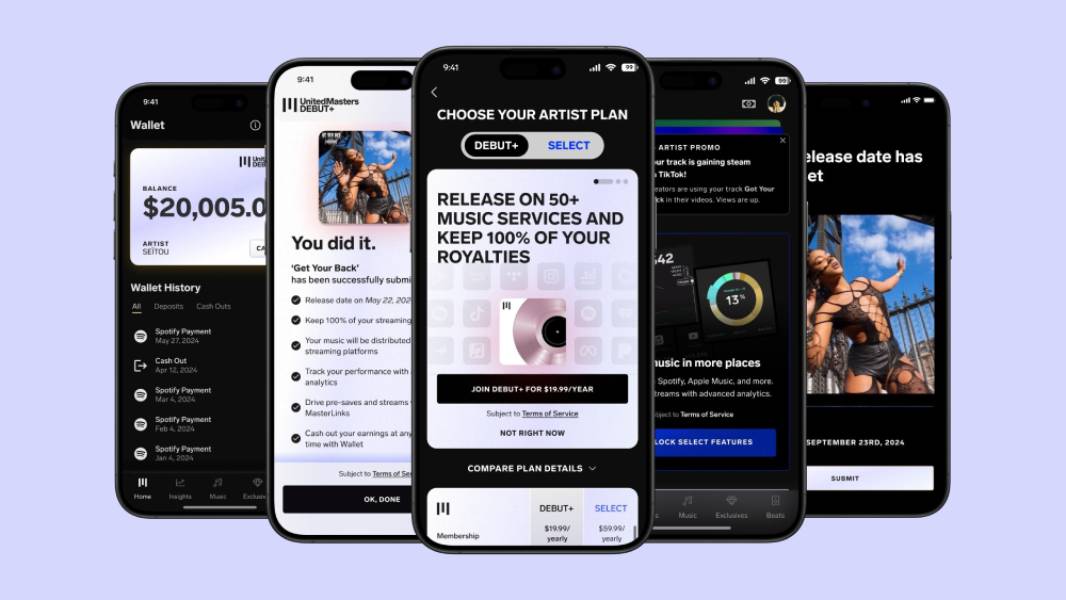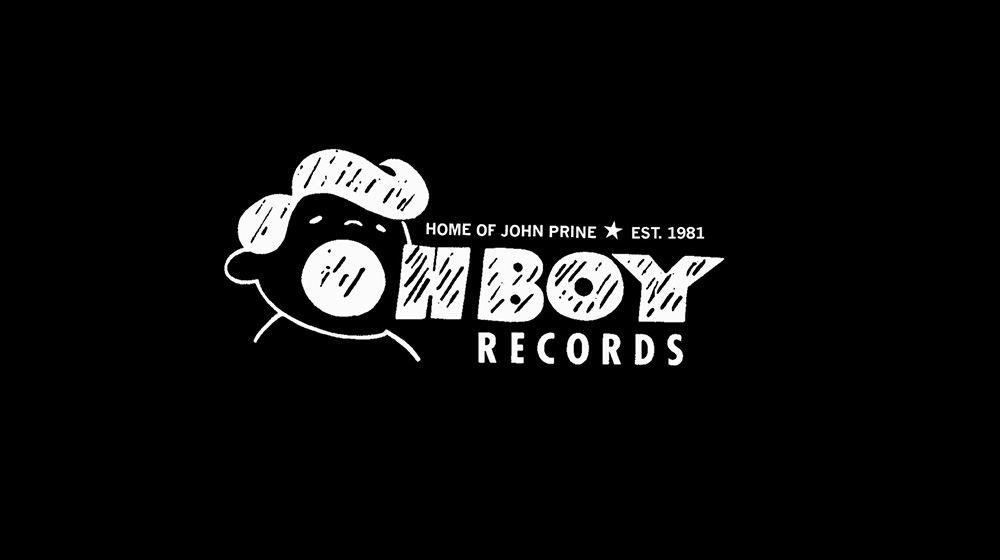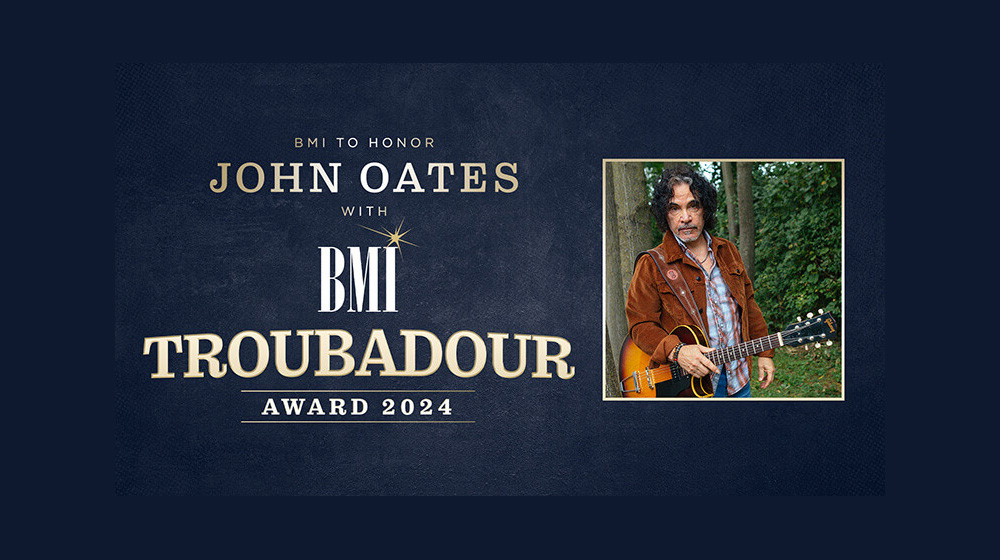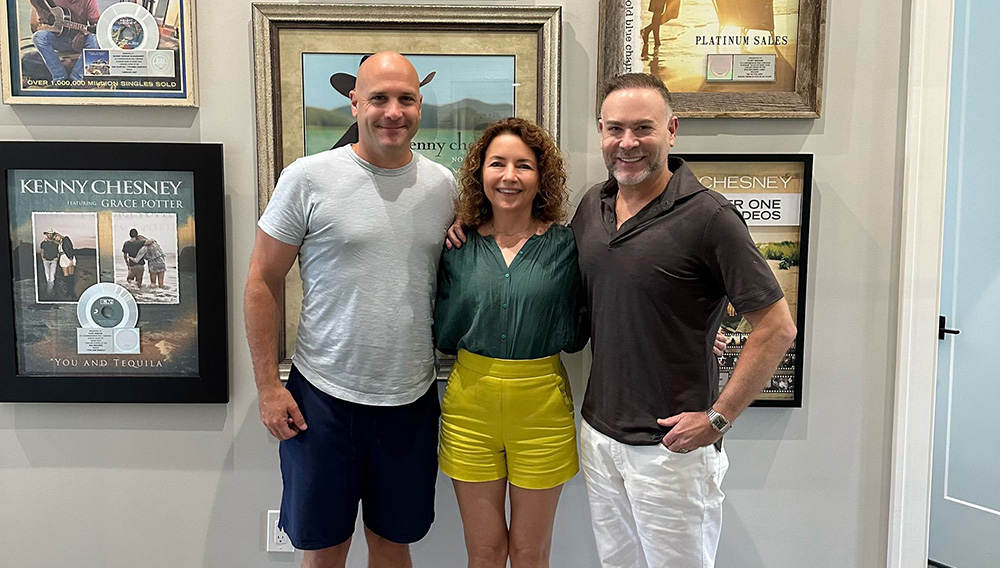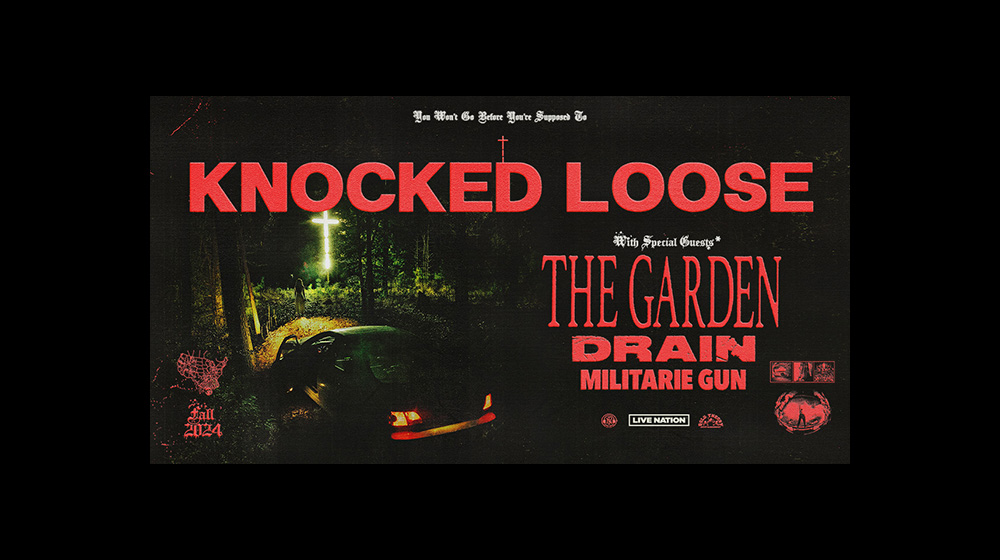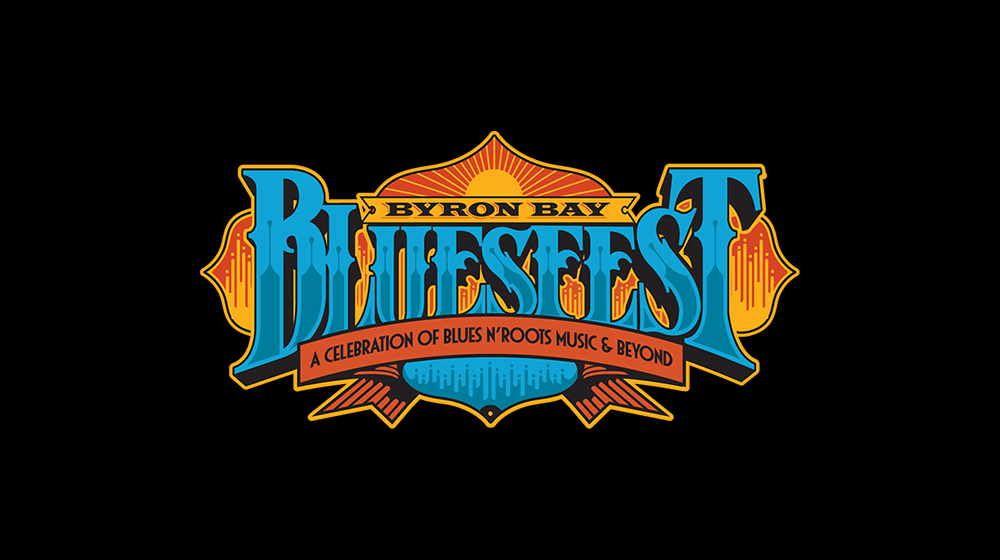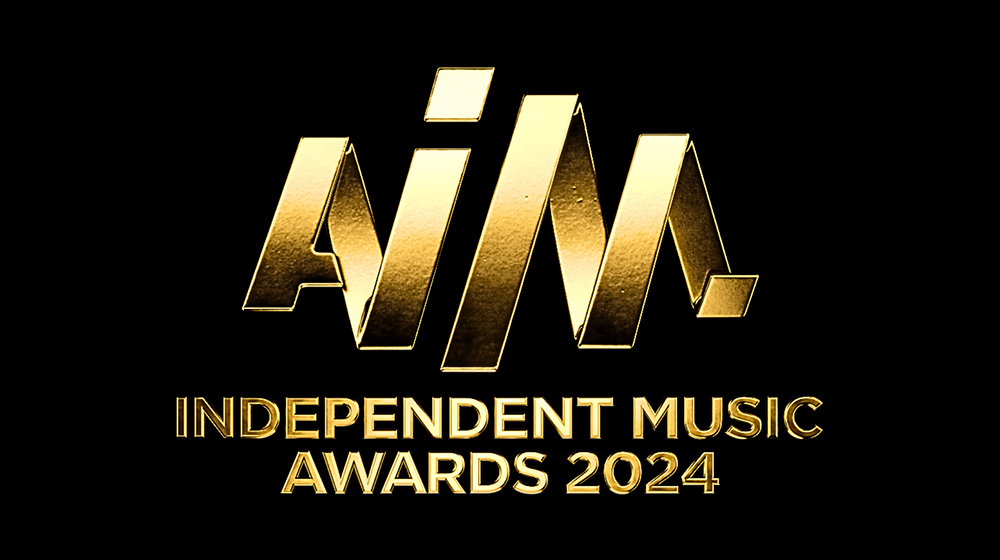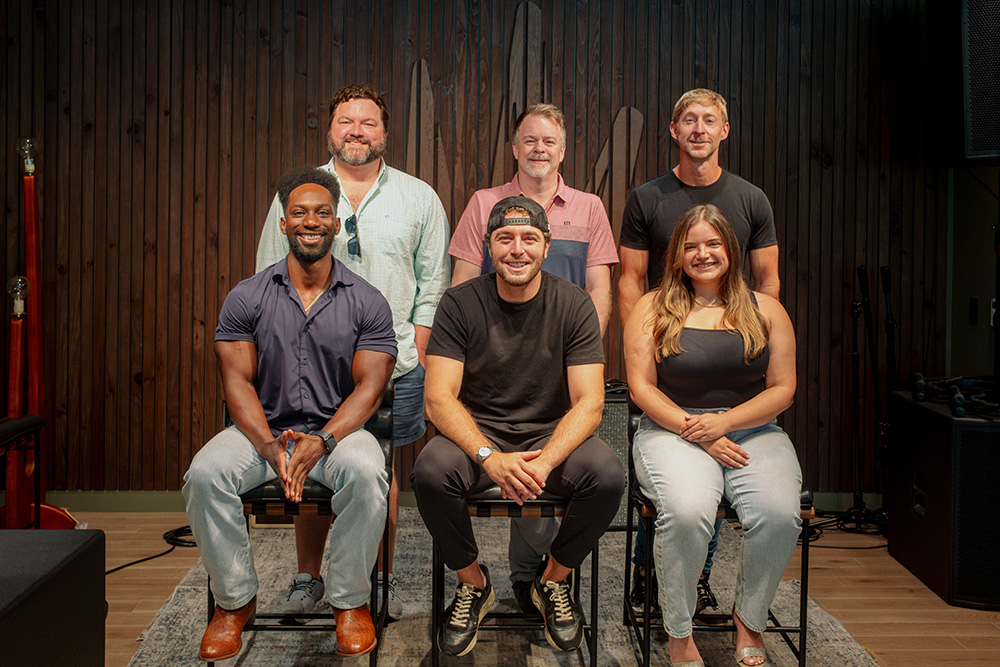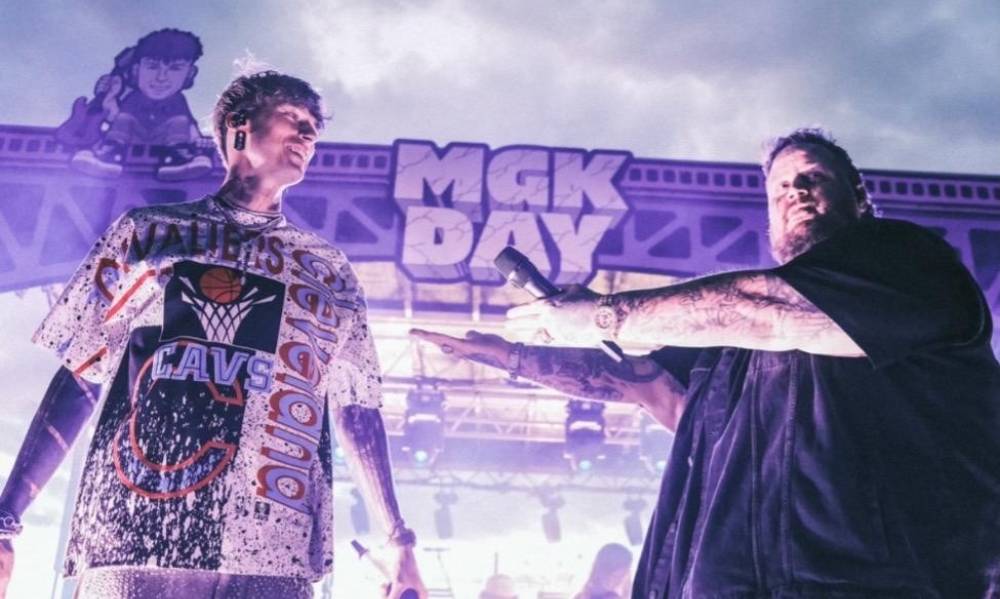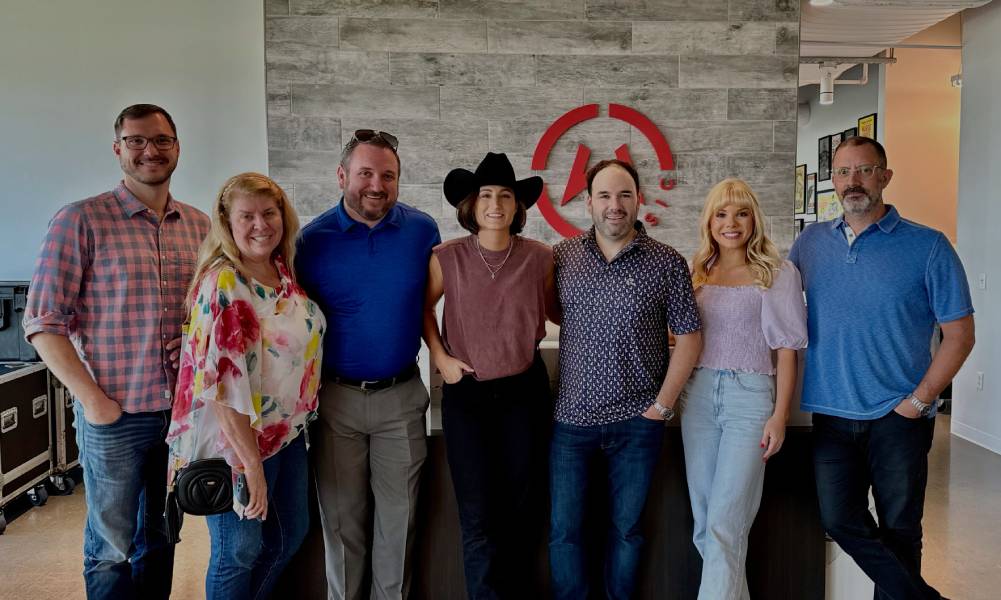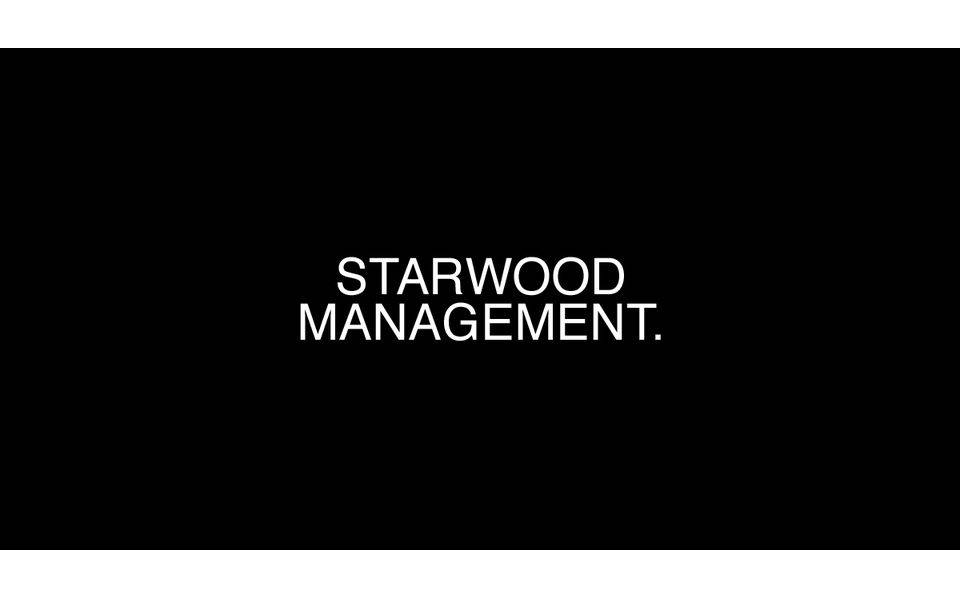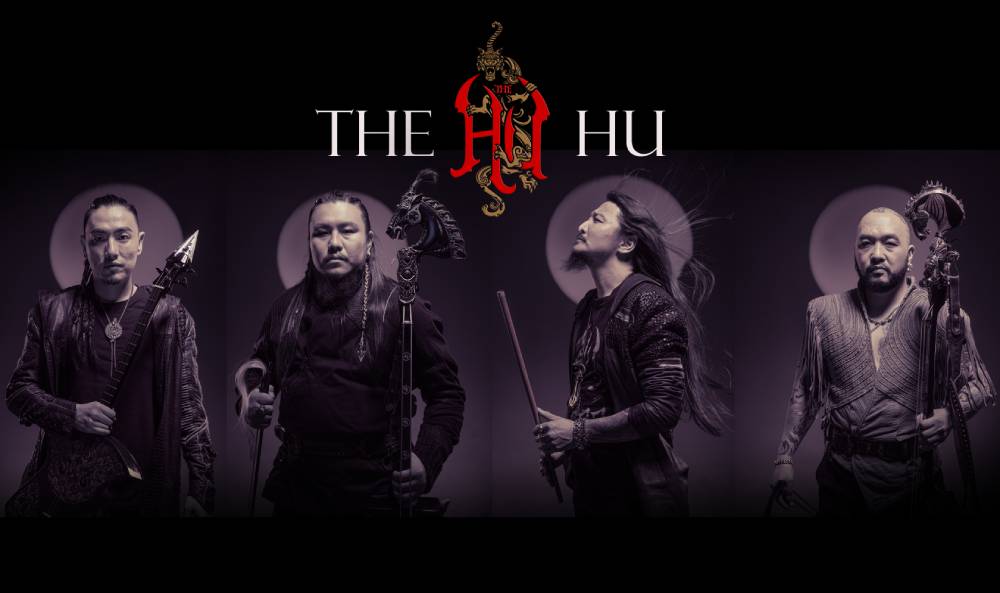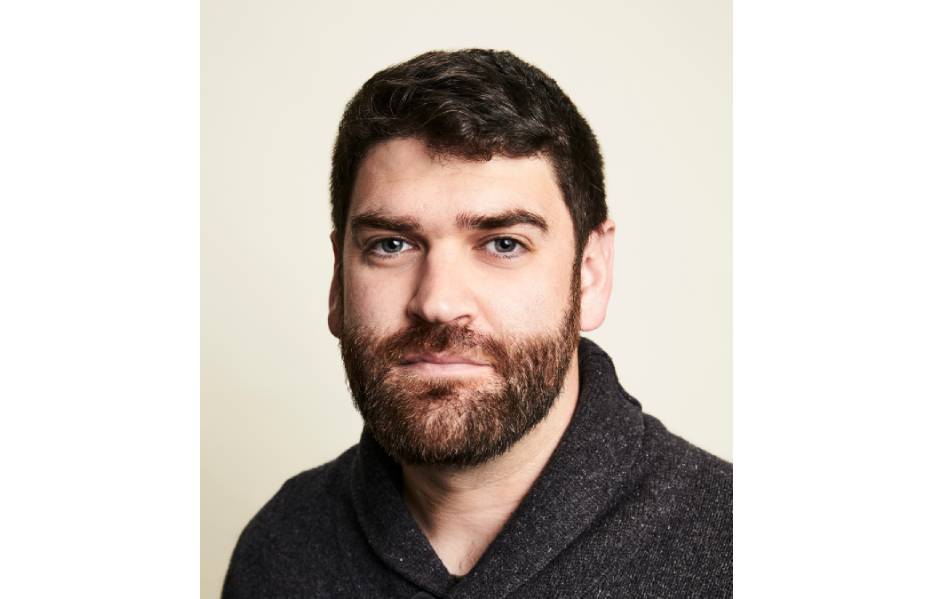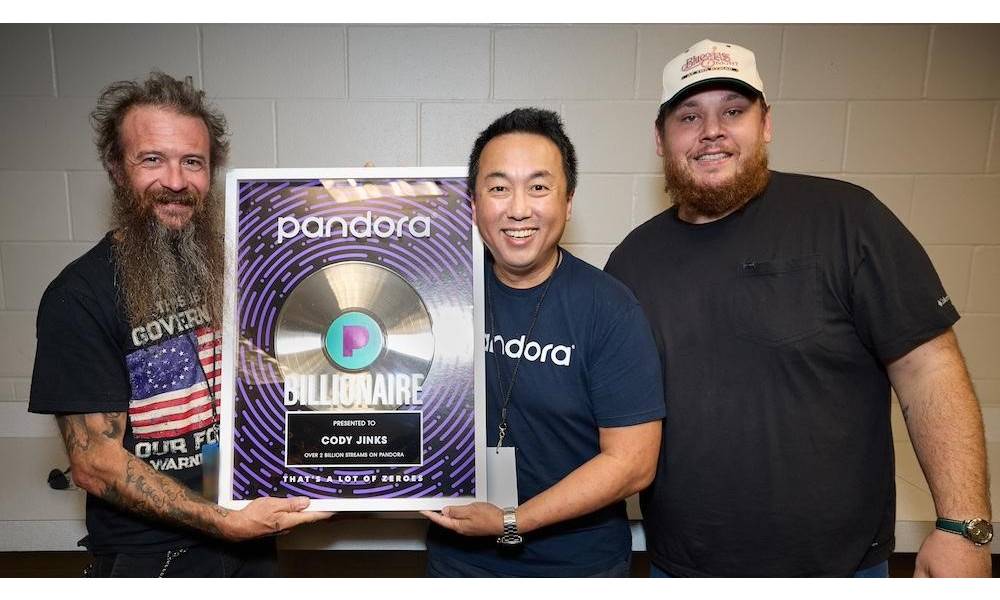(Hypebot) – In recognition of indie week, SoundExchange spoke with a number of indie label executives concerning the state of the industry. Here they interviewed Daniel Glass of Glassnote Entertainment Group, a leading indie label whose roster includes groups like Mumford and Sons and CHVRCHES.
Guest post from SoundExchange
Editor’s note: In recognition of Indie Week, SoundExchange spoke with numerous executives at independent labels about the state of the industry. This interview is one in a series of those discussions.
Starting a new business is never easy. Starting one just before the economy implodes is even harder.
Daniel Glass had no idea a recession was right around the corner when he launched Glassnote Entertainment Group in 2007.
Ten years later, Glassnote has become one the world’s leading indie labels. Much of that has to do with the quality of the recording artists signed to Glassnote – including Mumford & Sons, CHVRCHES, Childish Gambino and Phoenix.
And much of it is due to Glass himself, a tireless industry veteran whose career includes stops at Chrysalis and SBK Records.
SoundExchange: Indies are gaining market share a little bit each year. So are things looking up for indies?
Glass: I think the world gets better and better every day. I think the distribution partners we work with are very open, fair and accessible to independents. One of the issues we had when I started Glassnote 10 years ago was access to radio.
Radio was one big hurdle. One guy changed that, and that’s Bob Pittman (Chairman and CEO of iHeartMedia). He changed the culture, and made it fair and accessible to be heard.
SiriusXM is a great supporter of us as well. Their programmers are amazing, and I bet we have more than half of the airplay on SiriusXM. The major labels still dominate, particularly in pop but we have great relationships across the board, especially as Childish Gambino tops the Urban charts and is crossing over to Top 40.
As far as the digital services, I think we’re fine. Independents get treated really well.
SoundExchange: Glassnote is a relatively young label, and any new business faces challenges. But you launched just before the recession in 2008. Would you have launched the label if you had known there was economic carnage right around the corner?
Glass: When the seeds of this were planted, 11 or 12 years ago, it was absolutely the worst time to enter the music industry. Everyone said, “don’t do it.” All you heard about was stealing, file sharing and piracy. I used that as inspiration.
It was not a pretty time to be in the business 10 years ago, but we weathered the storm, and you can’t do that unless you have hits. The first record we released was Secondhand Serenade. We sold over two million singles in a very tough market, and for a little indie that’s very good.
SoundExchange: You also signed some great bands that just killed it, and that helped. But it didn’t happen overnight. It took a while for Mumford & Sons to gain traction in the U.S. With Mumford & Sons, was it a matter of developing a strategy, putting that strategy into play and then being patient?
Glass: The strategy was simple. What hooked us was their live show. It was these four, passionate people who were playing American music better than many Americans at the time.
All we had to do was invite people to see them live to convince them that this was something different, something fresh and something that could work for their radio listeners.
Then the momentum started.
The industry was scratching their heads thinking, “What are these four English guys doing with a kick drum and a banjo singing alternative folk rock music?”
People had a hard time with it, which usually happens with big records. A few years earlier “Oh Brother, Where Art Thou?” came out of nowhere and sold millions of copies. No one saw that coming. It was different, and it was great.
With Mumford & Sons, it was a great band that was great live, and their records were made exquisitely with emotion so they resonated. If you look at every success we’ve had, each one of them took a long, patient path.
Not one of those trajectories was a huge spike. People think these things are overnight successes, but it was a long haul and the band worked very hard. I think patience and persistence were the keys.
SoundExchange: Let’s not overlook Phoenix, CHVRCHES, Childish Gambino and the many others you’ve signed. You’re on an impressive run and have become arguably the most prominent indie label in the business. How do you maintain this impressive pace of success? Good people? Good luck? Both?
Glass: I think we have the best team in the business. Most of them did not come from the record business. It’s a very interesting group, and only a couple of people have industry experience. They’re just good and love being around music and artists.
SoundExchange: What’s the takeaway for executives at a young label? Is it all about good A&R? Is it about having and implementing a good plan?
Glass: I think A&R is the most important part. You’ve got to sign great talent. You’ve got to have hits. I believe in having the best producers, the best mixers and the best engineers.
After that you have to decide what game you want to be in. Do you want to compete? Do you want exposure? Do you want to try to get on Saturday Night Live and the Graham Norton shows of the world and KROQ and KIIS-FM?
Then you have to spend money and hire the best people.
We’ve had some wonderful moments here, and it doesn’t happen overnight. We work really hard to get the feature stories written and the artists to play Madison Square Garden, Lollapalooza, Coachella and Bonnaroo. That’s what we aspire to, but that’s also what we project.
We want to be number one on radio and we also really love headliners. So the band has to have ambition. I look at them before they sign and say “Are you sure you can do this? We’re kind of intense.”
All those bands have the same DNA – they’re great live.
The takeaway for a young executive is great A&R, but you’ve got to work hard and you have to get out of the office and meet with people in person.
SoundExchange: Changes in technology have changed the industry so much in the past few years, certainly on the consumer side with streaming and fans opting for access over ownership. On the business side, are you comfortable that streaming is benefitting artists? And what has been the impact of streaming on indies?
Glass: It’s been wonderful. We first saw it with CHVRCHES, Childish Gambino and AURORA. The digital services have hired great people. Amazon recently hired some of the best people in the music industry. They’re great to Independents.
I think streaming has been a God-send. It’s immediate gratification. This is an amazing time. Independents have a history of being insecure, intimidated, scared, uninformed – I think there’s no excuse for that today.
Your size should not be a disadvantage. We can pivot in a second. Major labels can’t pivot like we can, so I think we have a lot of advantages.

